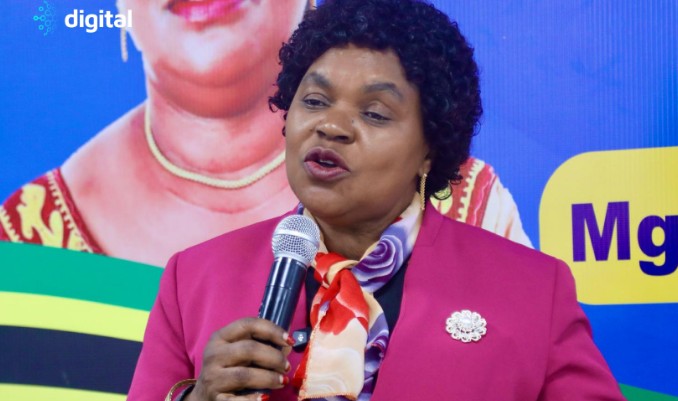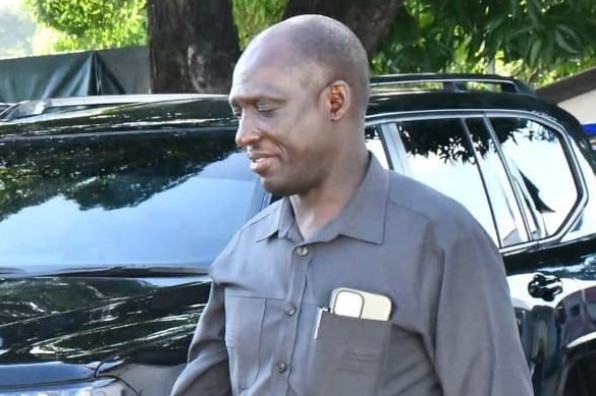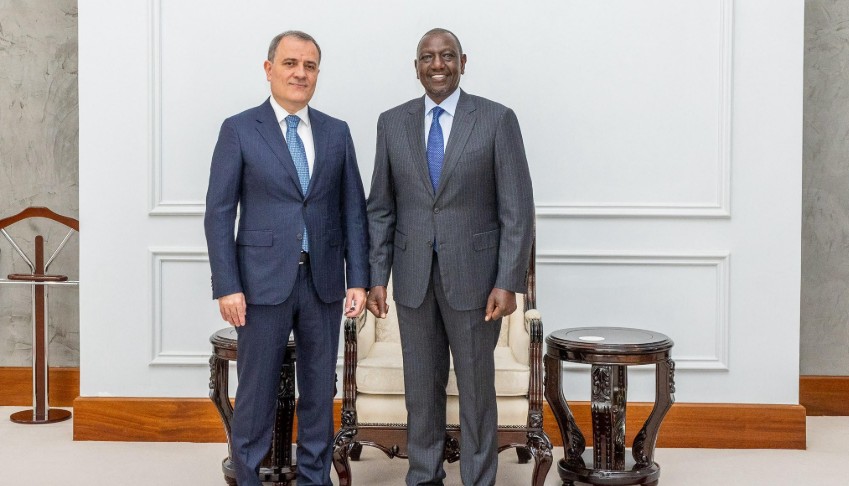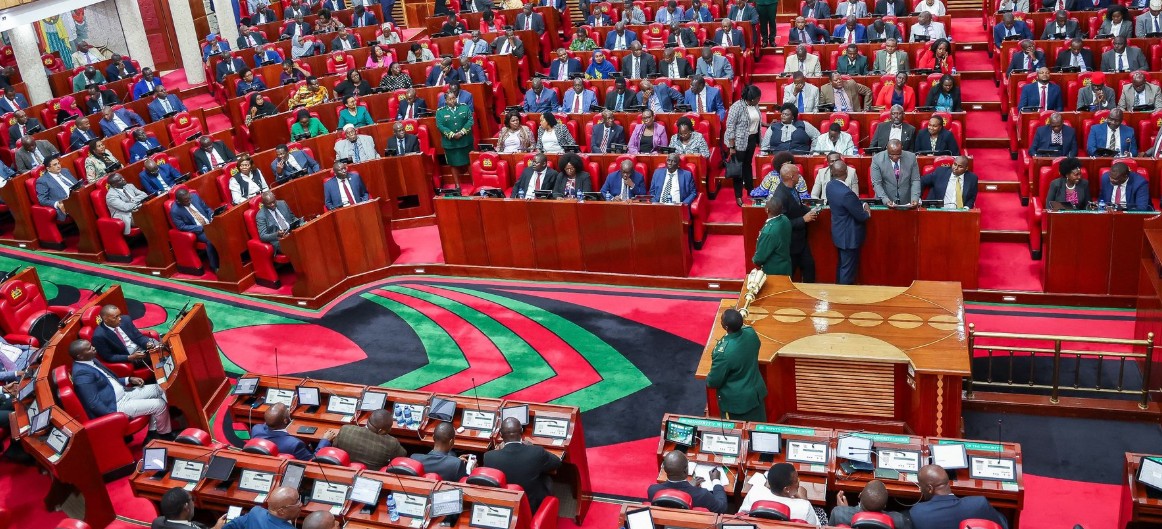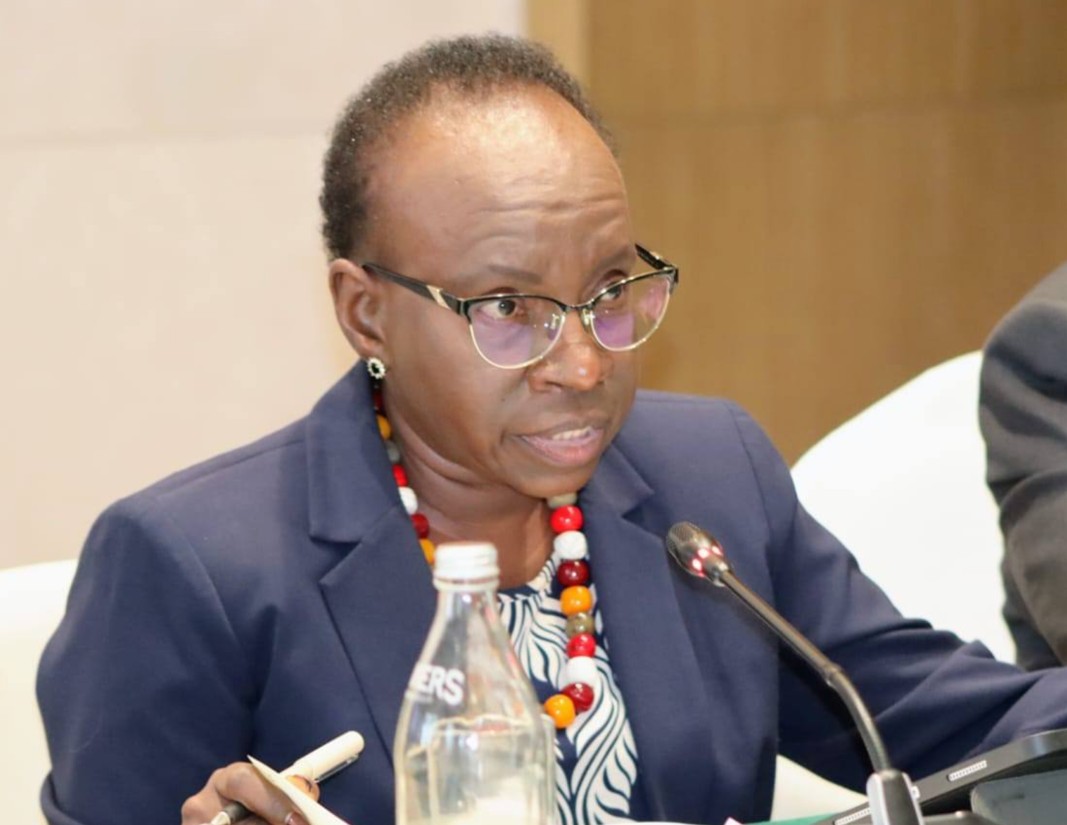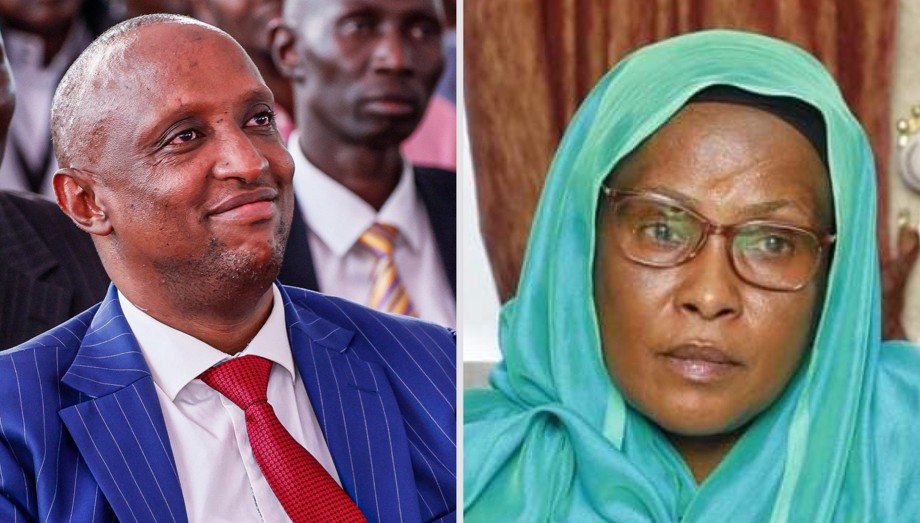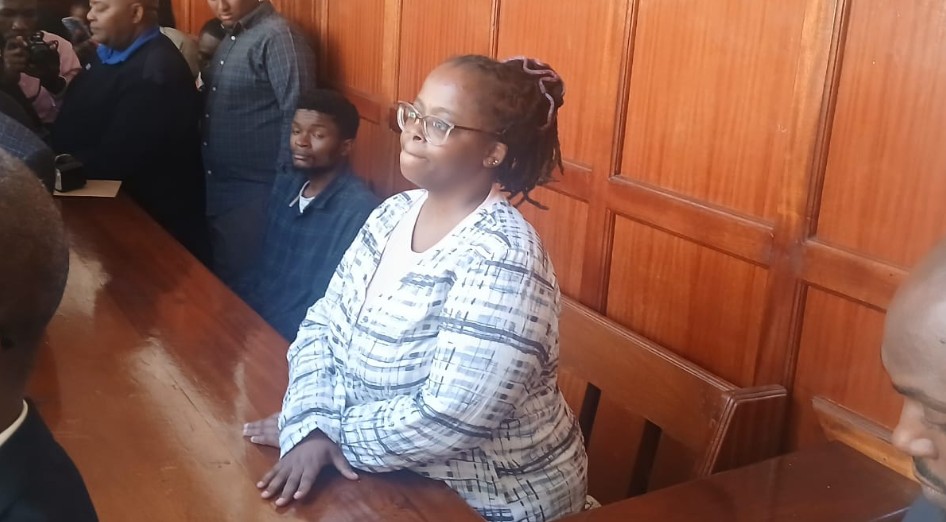Stakeholders warn Sh20 million fines in cybercrime Bill threaten freedom of expression online
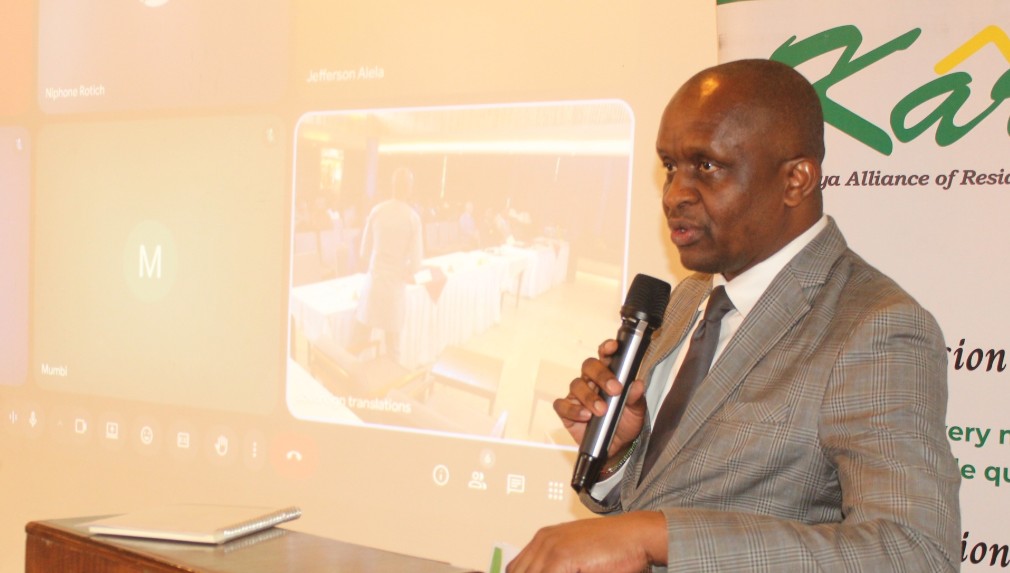
They warn that its vague definitions and broad provisions may be misused to target journalists, whistleblowers, and ordinary citizens engaging in civic discourse online.
Stakeholders have voiced concern that the proposed Sh20 million fines in the controversial cybercrime Bill are excessive and risk criminalising legitimate online activities.
The stakeholders, including civil society groups, legal experts, and media regulators, have now called for a comprehensive review of the Bill, warning that its vague definitions and broad provisions may be misused to target journalists, whistleblowers, and ordinary citizens engaging in civic discourse online.
More To Read
- Court releases Rose Njeri on bond amidst controversy over crackdown on digital dissent
- MCK condemns assault on journalists during Madaraka Day celebrations in Homa Bay
- Journalists injured, equipment stolen amid chaos at Madaraka Day celebrations in Homa Bay
- Journalist bodies condemn unlawful detention of eleven Somali reporters
- Kenya records surge in cybercrime with 82 per cent targeted, gaming sector most hit - report
- AU calls on African states to guarantee journalist safety and press freedom
The concerns were raised during a public forum in Nairobi, where participants took issue with the Computer Misuse and Cyber Crimes (Amendment) Bill, 2024, saying it poses a significant threat to constitutional freedoms guaranteed under Articles 33, 34 and 35, which relate to freedom of expression, media freedom, and access to information.
The Bill proposes fines ranging from Sh5 million to Sh20 million for offences such as false information, disinformation, and cyber harassment.
Proposed penalties harsh
Stakeholders argued that while regulation of digital spaces is necessary, the proposed penalties are not only harsh but could instil fear and suppress legitimate speech.
Kenya Alliance of Residents Association (KARA) Chief Executive Officer Henry Ochieng said the amendments should be approached with caution to avoid eroding hard-won constitutional liberties.
“The Bill should be reviewed to give clear designations to avoid abuse of the law, reduction of the proposed fines, and having stronger safeguards for journalists, whistleblowers, and activists as they go about their work,” Ochieng said.
He noted that without clear safeguards, the Bill could be used to clamp down on dissenting voices under the guise of regulating cyber activity.
Policy and legal expert Kiragu Wachira added that the Bill must align with democratic principles, calling for the protection of civil liberties rather than the imposition of punitive measures.
“It is fundamental for the Bill to protect the fundamental rights and liberties of individuals in a democratic society and not use punitive penalties,” Wachira said.
Wachira also criticised the criminalisation of defamation under the Bill, warning that such an approach is disproportionate and could be misused against critics of those in power.
He stressed that the government must include key institutions like the Office of the Data Commissioner and the chairpersons of the Kenya National Commission on Human Rights (KNCHR) and National Gender and Equality Commission (NGEC) in the National Computer and Cyber Crimes Coordination Committee to ensure the legislation is balanced and rights-based.
Overregulating digital space
Kenya National Civil Society Centre Executive Director Suba Churchill accused the government of using the Bill to overregulate the digital space by introducing overlapping laws that could serve the same purpose but with varying punitive outcomes.
“Governments want to over-regulate and make sure that they can charge you or arraign you in court under any of the many laws,” Churchill said.
“We must also caution governments that yes, we are aware that you are making every effort to get the country out of the grey list, but this is not the best way to go about it,” he added, referring to ongoing state efforts to comply with international anti-money laundering obligations.
Churchill maintained that the Bill, if not thoroughly reviewed, could become a tool for infringement under the pretext of regulatory compliance.
Legal ambiguities
Media Council of Kenya (MCK) Chief Executive Officer David Omwoyo also called for a comprehensive review of the Bill, citing legal ambiguities that could result in overreach during implementation.
He took issue with the definition of “fraudulent intent” in the Bill, noting that it fails to clarify whether identity theft must involve malicious intent or financial gain.
“This omission could lead to ambiguity in enforcing the law,” Omwoyo said.
He further warned that without explicit protections for journalism, media practitioners engaging in investigative work could be targeted under vague clauses. He urged Parliament to consider exemptions for investigative journalism, pointing to the MCK’s Code of Conduct for Media Practice.
“Some activities in investigative journalism are done in the public interest and might fall technically under the identity theft definition,” he said.
“Clause 7b and 7c of the Code of Conduct for Media Practice allow journalists to use subterfuge and misrepresentation when public interest justifies it.”
He explained that undercover reporting, which often requires journalists to adopt false identities or conceal their roles, could be misinterpreted as identity theft, exposing them to legal risk.
“A lack of clarity in these areas could expose journalists to legal challenges even if the intent is to uncover information for the public good,” Omwoyo warned.
The stakeholders urged Parliament to open the Bill to broader public engagement, ensure inclusion of rights-based institutions in the drafting process, and revise sections that could threaten digital freedoms.
They warned that failure to act could reverse progress made in protecting freedom of expression and press freedom in Kenya’s digital era.
Top Stories Today
